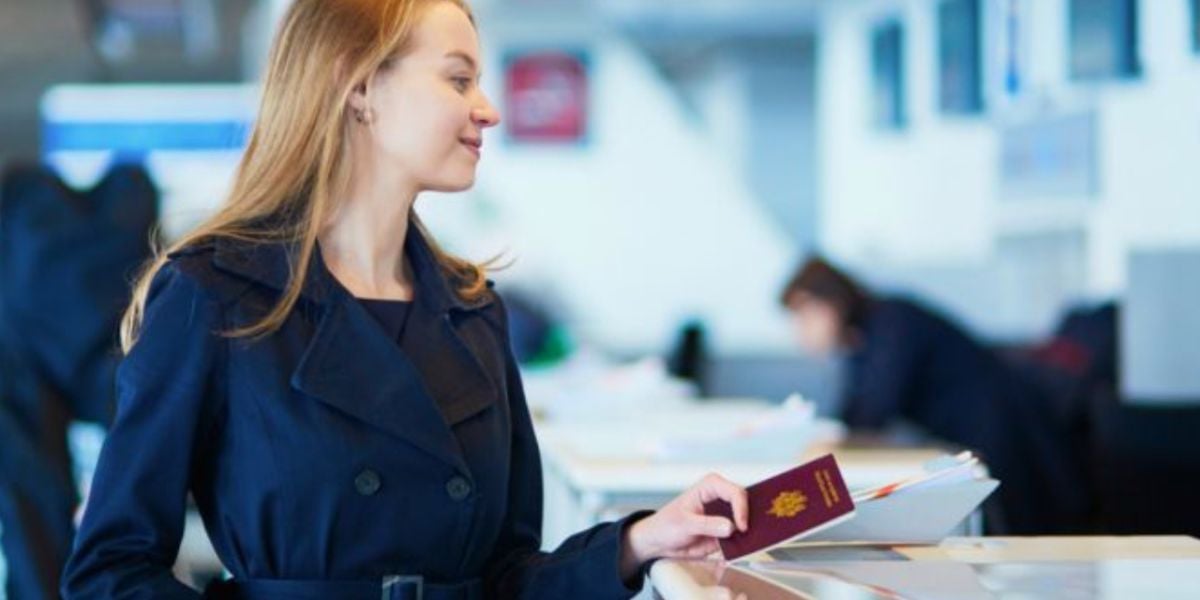
Despite Brexit, the rules for travelling to Scotland (ergo, to the UK) have more or less remained the same. EU/EFTA citizens can still travel to Scotland with a valid ID or passport for an unlimited amount of time, while they also face no restrictions when it comes to foreign currency imports. Third-country nationals will need a visa and face some stricter restrictions when it comes to customs, but overall the process is quite straightforward.

Do you need a visa to travel to Scotland?
If you are an EU/EFTA citizen, you do not need a visa to travel to Scotland ' regardless of the duration of your stay in the country. All you have to do is present a valid ID or passport, that will not expire while you're still in Scotland.
Good to know:
If you're travelling with children, they may also need to carry their own IDs or passports.
If you are a third-country national, besides a valid passport you will also need a visa to enter Scotland. Application has to be made at the Scottish embassy or consulate in your home country, as conditions are likely to vary from one nationality to another. A good first step would be to check what type of visa you need by using the interactive service of the UK government's official website.
Good to know:
The UK (and so, Scotland) has visa waiver agreements in place with Kuwait, Oman, Qatar and the United Arab Emirates. If you are a passport-holder of one of these countries, you can pay a fee of 15 GBP for stays up to six months. Find out more here .
Customs in Scotland
In general, the type and amount of goods you can bring with you to Scotland (without having to pay a UK tax or customs charge) depends on your nationality. However, there are certain goods you are not allowed to bring into the UK no matter where you're from:
- weapons (firearms and ammunition are restricted and can be brought only with a special licence, other offensive weapons such as flick knives are prohibited completely)
- illegal drugs
- sprays for self-defence (like pepper spray)
- rough diamonds
- food (meat and dairy) and plant products that weren't grown in the EU/EFTA area
- endangered animals or plants
- anything that could be considered 'indecent' or 'obscene'
Good to know:
You are allowed to take medication provided these are intended for personal use. However, you must be in possession of a prescription, along with a justification letter issued by your doctor.
Find more information on banned and restricted goods here.
For all other kinds of goods that are not in the restricted or banned list, different rules apply depending on whether you are an EU/EFTA citizen or not. EU/EFTA citizens can bring an unlimited amount of most goods without paying tax or customs charge, as long as they transport the goods themselves, to use or give away as gifts (i.e. not for sales purposes). Bear in mind though that if you have very large amounts of tobacco or alcohol with you (more than 800 cigarettes, 90 litres of wine or 10 litres of spirits) you may be asked questions. You can also bring any amount of money you wish, without having to declare it.
Good to know:
If you're coming from the north of Cyprus, Gibraltar, the Channel Islands or the Canary Islands, EU/EFTA rules don't apply for customs purposes. Consult the below section for third-country nationals.
If you're a third-country national, you are allowed to bring up to 16 litres of beer, 4 litres of wine and 1 litre of spirits over 22% (or 2 litres of alcoholic drinks up to 22%). As for tobacco, you can bring either 200 cigarettes, 100 cigarillos, 50 cigars or 250 gr tobacco. Be aware that you may have to pay Excise Duty on both the alcohol and the tobacco you will declare. For any other goods, you can bring up to 390 GBP worth of goods ' or 270 GBP if you enter the country by a private plane or boat. As for currency, you have an allowance of up to 10,000 euros (or its equivalent).
The Registered Traveller Service
The Registered Traveller Service allows foreign nationals to pass customs checks more rapidly, using UK and EU passport lanes and ePassport gates. This service is available for travellers you have a UK visa or entry clearance and have visited the UK at least four times in the last two years. Check your eligibility for the service, here.
Useful link:
We do our best to provide accurate and up to date information. However, if you have noticed any inaccuracies in this article, please let us know in the comments section below.








